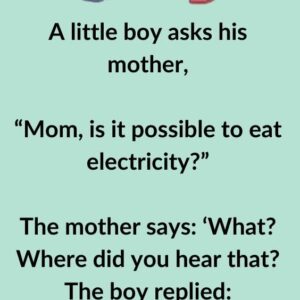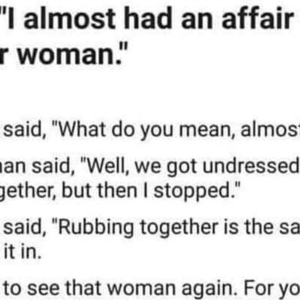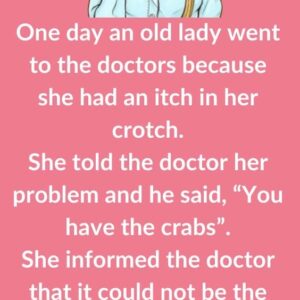Gen-Z has a lot of differences from the generations before them. And we might not understand all of them, but it might do well for us to understand some of them so we can always be in the know. This piece will tell you about how something that might be innocuous for us can be…
Gen-Z has a lot of differences from the generations before them. And we might not understand all of them, but it might do well for us to understand some of them so we can always be in the know.
This piece will tell you about how something that might be innocuous for us can be considered ‘rude’ to someone else.Keep reading to know more…
From Baby Boomers and Gen-Xs’ confusion about millennials, now comes everyone being confounded by Generation Z. There are a lot of behaviors that Gen Z (much like any young generation has) displays that are not as easily understood by those older than them.
A lot of young people apparently do not think the ‘thumbs up’ emoji is a nice one and consider it to be ‘passive agressive’ referring it to as something that can even prove to be ‘triggering’ to some of them.
A Gen-Z individual who recently joined the workforce shared, “I started an ‘adult’ job where we use Microsoft Teams to connect with each other for work. Currently, there only a few emojis you can use to react to a message (unless of course, you respond, and can use any emoji). Most people at work use the ‘thumbs up’ reaction all the time.”
They went on, “I don’t use it much. I either ‘heart’ reactions or reply, even if it’s a short ‘Great!’ or ‘Thanks!’ (I also feel like I usen too many exclamation marks, but that’s a different story).
They concluded with asking others for their opinion, “Anyway, I think it’s normal for to ‘thumbs up’ messages, but I still feel like it’s such an unsettling response.
Does anyone else feel this way?”
One user echoed this sentiment and shared, “For younger people (I’m 24 for reference) the thumbs-up emoji is used to be really passive-aggressive.”
While another added, “It probably feels unsettling because it’s impersonal, and based just off this post, you seem like the kind of person who prefers more genuine interactions with others.”
It seems there is a generational difference in how a thumbs-up emoji is used and what it can convey to different people. What do you think of this change in meaning for an emoji? Let us know in the comments. Share this with others who might enjoy this piece, too





